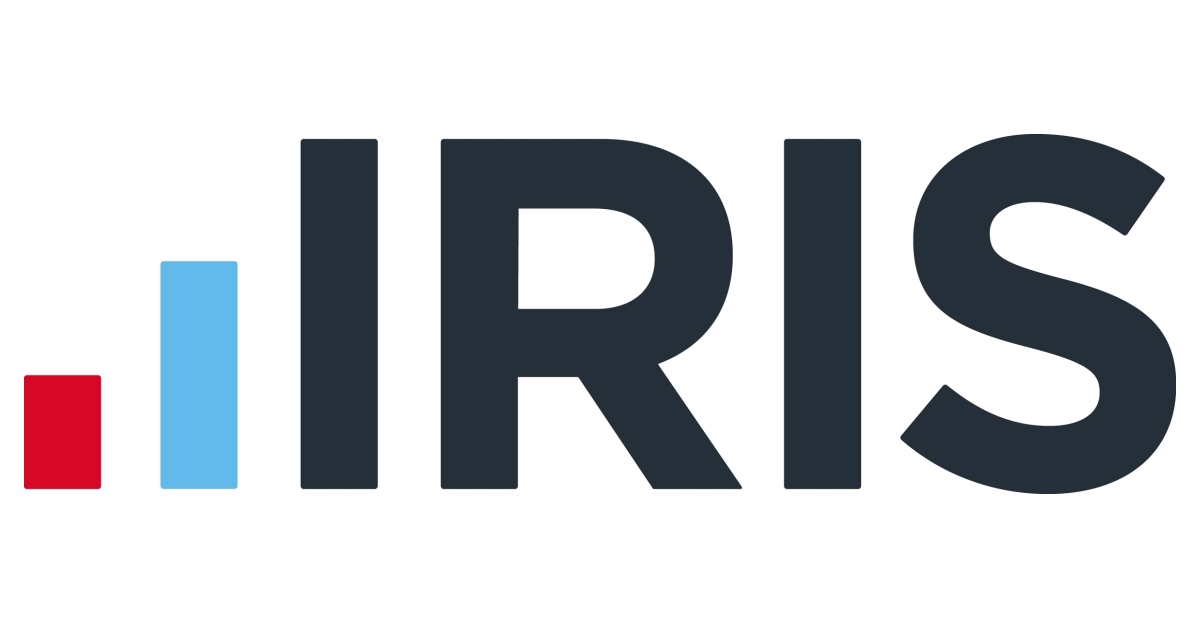The Story
Setting the scene: it was June 2020, mid-Covid; the country was locked down. I was working at a store in Maidstone, instead of enjoying my gap year plans that had been cut short when I had to fly home from Singapore due to a global pandemic. In the break room, I noticed one of my colleagues had study notes on the table and was working through practice questions. I asked him what he was doing, to which he replied, “It’s the AAT qualification; I’m studying to be an accountant.” And that was when I decided to do the same.
I questioned him further about who his training provider was and what level to start with. He told me it would be best to start at the beginning, Level 2, as this would set good foundations for the other levels. When I got home from work that day, I registered with AAT and the learning provider and began studying.
I started to apply for accountancy jobs to compliment my studies, which is very difficult with no accountancy experience and no degree, but I eventually found an apprenticeship with a firm close to home. Working full time and completing an apprenticeship became very time consuming and unfortunately, I had to put a pause on AAT.
In December 2021, I finished my apprenticeship and picked up my AAT studies where I had left them. The online resources I used at the time were due to expire in May 2022, so to avoid the renewal, I accelerated my study plan (not that I would recommend doing 6 exams in 6 months – always take time with your studies!). But for me, luckily, I finished the first level of the qualification, receiving my results in June 2022.
As soon as I’d finished Level 2, I started on Level 3 straight away. I changed from my original online learning provider to an offline learning provider, who provided physical materials, rather than an online user that would expire. After passing my first Level 3 exam, I found that my job role at that time didn’t align with what I was learning, and so I set out for a new role exploring a wider variation of tasks. I moved from a solely management accounting / bookkeeping based role to a job where I could do tax returns, financial statements, VAT returns, and a variety of other tasks, as well as bookkeeping & management accounts. This move was the right decision for me and my studies as it allowed me to practice and solidify what I had learned.
In March 2023, I started at Libra Wealth Management, and by June 2023, I had completed Level 3 of AAT, ready to start the final level. I felt that Level 2 mainly focused on the basic knowledge of bookkeeping that was later used as the foundation for Level 3, which focused more on the specifics on Financial Statements & Management Accounts.
By the time I started Level 4, AAT had updated their syllabus from AQ2016 to Q2022. This level consisted of 5 exams (3 compulsory & 2 optional); for the 2 optional units I chose the Business Tax & Personal Tax units, as these linked the closest to my role. I found the two optional units particularly enjoyable as I am very interested in both business & personal tax, especially Capital Gains Tax, which was covered in the units. My favourite topic within the units was gains on shares, matching rules and share pools.
Now that I have finished AAT, achieving my MAAT status, I am now a student of ACCA and hope to achieve this within the next few years.
The Study Tips
What works for me will not automatically work for you; everybody is different, and everybody learns at different paces, with different techniques. But if you want to try my methods, I’ve listed below some of my top study tips – these are not all exclusive to AAT / accountancy study and can be used with any qualification.
- Learn your most productive time of day and try to make study fit around this. My most productive time of day is the morning; I am definitely a morning person. So, I get into work an hour earlier than my start time to fit in some good quality, uninterrupted study hours. By the evening, I’m usually more tired and less focused, so I find that this works best for me.
- Environment is important. I have found that it isn’t just when you study, but also where you study. For me personally, I prefer quiet places, usually in solitude, as I am very easily distracted; some people prefer a more crowded space, such as a coffee shop or library. Find what works for you and build this into your routine. Once in a quiet place, I prepare myself a cup of tea, a quick snack, and that’s when I know I’m ready to begin.
- Practice questions are your best friend. I find one of the best ways to pass an exam is to be prepared for what the questions will ask you. The best way to prepare is to do as many different questions as you can. Not only will this help you learn the structure of the question, but variation helps you be prepared for whatever they may ask.
- Use the mark scheme. Once you’ve completed your practice questions, it is likely that you will be self-marking the work you’ve completed. Study the mark scheme carefully. It is the perfect opportunity to examine exactly what the assessor is looking for. 2-mark question? You don’t need to write a whole essay; sometimes less is more. If the mark scheme says it will accept a two-sentence answer, then that’s all you need. Equally, if the question is worth 16 marks, make sure you know where those marks will be granted. AAT provide an Examiner Report; this shows detailed feedback on the performance of their students, broken down per question. I found this a helpful guide in knowing where other people struggled or performed well, however, I was also mindful that my strengths would be different to those of my peers.
- Quality over quantity. I appreciate that this one is a cliché that I’m sure your teachers told you at school (mine certainly did) but it is true. One hour of good quality, meaningful revision is worth much more than the 11 o’clock cram the night before the exam. Make a plan. The First Intuition study materials include a study plan for you to complete, and I found this a great way to stay on track.






